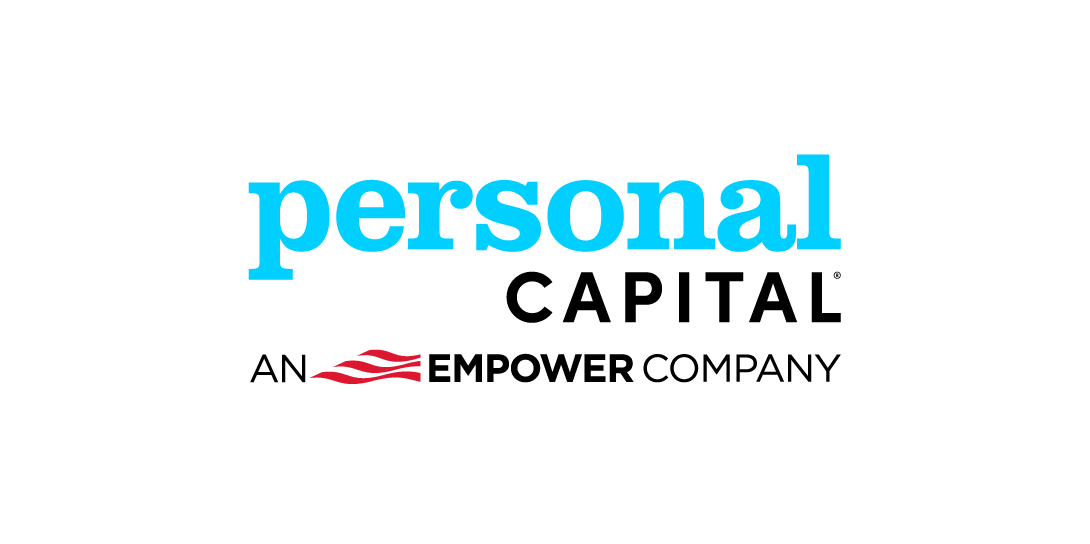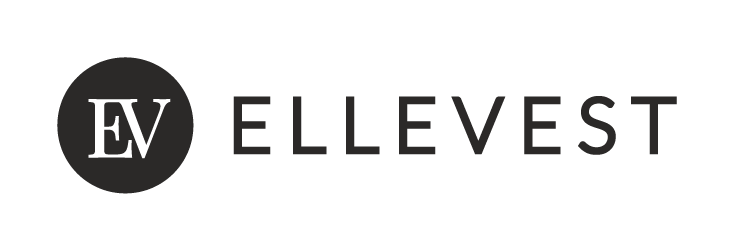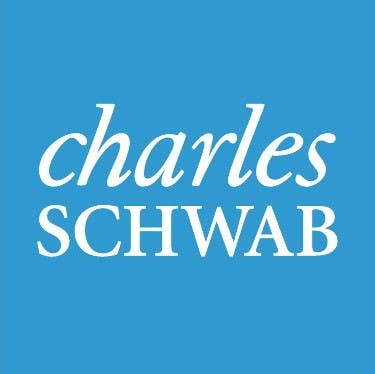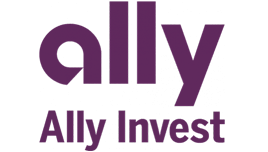Vanguard Digital Advisor review
The Bankrate promise
At Bankrate we strive to help you make smarter financial decisions. While we adhere to strict , this post may contain references to products from our partners. Here's an explanation for .
Vanguard continues to improve its Digital Advisor offering while still keeping costs low. The account minimum was reduced to $100, down from $3,000 previously, making the robo-advisor more accessible to more clients. Vanguard also introduced fractional shares in August 2024 and continues to add new account types to the platform. Of course, you’ll also get three different portfolio options with low-cost funds, access to investing tools and educational resources, as well as tax-loss harvesting. These features come at a total cost that is often well below what you’ll pay at rival robo-advisors. A cash management account is the only major feature Vanguard lacks.
If a cash management account is important to you, you’ll want to consider Wealthfront and Betterment, two of the best robo-advisors in the industry. Schwab Intelligent Portfolios also provides a comprehensive offering.
We want to know what you think about Vanguard Digital Advisor
Do you have experience with Vanguard Digital Advisor? Let us know your thoughts.
Overview of Vanguard Digital Advisor

Overview
Vanguard Digital Advisor continues the company's tradition of low costs and brings that to a managed portfolio with some premium features and strong Vanguard educational content.
- Newer investors
- Vanguard investors
- Investors focused on low costs
Pros: Where Vanguard Digital Advisor stands out
Expanded portfolio options
Vanguard Digital Advisor shook up its investment options in 2023, moving from a basic but workable four-fund portfolio to multiple options: an all-index portfolio, an active/index portfolio and an ESG portfolio.
- All-index portfolio: This portfolio looks like the classic Digital Advisor option: four extraordinarily low-cost ETFs that cover domestic and international stocks and bonds.
- Active/Index portfolio: This option includes ETFs from the all-index portfolio and then adds up to six actively managed mutual funds into the mix, depending on your needs.
- ESG portfolio: This option uses low-cost ESG funds to provide exposure to companies that score well on environmental, social and governance criteria.
You can pick the type of portfolio you’d like, and then Vanguard will adjust the weightings in the portfolio based on your risk tolerance and when you need the money.
The expanded range is a notable improvement for Vanguard, giving customers more choice and the ability to select a strategy they may feel is better-suited to their temperament. But in its all-index and ESG portfolios, Vanguard drastically simplifies the portfolio management process to just four funds, which may not be the worst thing, given so much unnecessary complexity and deliberate misdirection in the financial world. But it’s hard not to think that the portfolio could be more diversified across asset classes to give it more resilience during tough times.
If you’re looking for a wide selection of investments, then be sure to look at Wealthfront as well as M1 Finance, where you can buy pre-made funds or virtually construct your own funds. Interactive Advisors also offers an above-average selection of investments.
Low costs
You’ve come to expect low costs from Vanguard, and the company delivers on that promise with its robo-advisor, whether it’s the management fee or the costs of the ETFs it invests in.
Vanguard uses a different pricing structure from most robo-advisors, which add a management fee on top of the ETFs’ fees. For all-index and ESG portfolios, Vanguard charges a gross fee of 0.20 percent, or $20 annually for every $10,000 invested. The active/index portfolio has a slightly higher gross fee of 0.25 percent.
That gross fee consists of the cost of the funds you’re invested in and a net management fee. For example, the funds in the all-index portfolio cost an average of about 0.05 percent, and that amount is deducted seamlessly from the funds daily. The net management fee is simply the difference between the funds’ cost and the gross fee (0.20 percent in this case), or 0.15 percent. In practical terms, you’ll end up paying no more than the gross fee, with two types of fees going into different Vanguard pockets.
Naturally, Vanguard Digital Advisor uses its in-house ETFs. That’s not surprising since a huge portion of the robo-advisor industry turns to the company’s low-cost funds as primary ETFs for their services. Here’s the fee range for funds in each portfolio option:
- All-index portfolio: 0.03 to 0.08 percent
- Active/index portfolio: 0.03 to 0.46 percent
- ESG portfolio: 0.09 to 0.12 percent
The all-index and ESG portfolios use passively managed funds, some of the cheapest on the market, while the active/index portfolio uses some more expensive but still reasonably priced active funds in addition to low-cost ETFs.
The exact fee you’d pay for each portfolio depends on the weighting of the various individual funds. For example, in the all-index portfolio, you might pay around 0.05 percent annually. But remember, that fee is effectively included in the 0.20 percent gross fee you’re already paying for this portfolio, so it’s not an extra cost, as it is at most other robo-advisors.
Vanguard’s pricing remains highly competitive with rivals’, if not beating them. For example, robo-advisors Betterment and Wealthfront charge 0.25 percent as a management fee and then have another 0.08 to 0.10 percent in ETF fees (and potentially more, depending on exactly which funds and allocations you select). To be fair, those ETF fees don’t go to the robo-advisor but to the fund company itself (which often is actually Vanguard.)
That said, recommending its own funds is an inherent conflict of interest, though Vanguard’s consistently low expenses make this a less pressing concern than it could otherwise be.
Education and tools
Vanguard was built on the ethos of helping individual investors, and you see that across the site — from educational videos, articles and more — to help you make smart long-term decisions.
In practical terms, that means you’ll have access to all of Vanguard’s retirement-planning tools and calculators. You can import your accounts into your profile so that the robo-advisor can have a more comprehensive view of your finances. Then you can develop a more accurate plan, for example, through Vanguard’s debt-payoff tool, which helps you build a payoff plan for liabilities. You’ll also have access to fund screeners, allowing you to scour the fund universe for what you want, even if you can’t buy those funds in your Digital Advisor account.
Smooth sign-up process
Vanguard’s sign-up process feels among the most developed and sophisticated. The automated process is smooth and asks detailed financial questions such as your current spending, so you may want to come prepared with at least some of your info. This process may take longer than the sign-up at other robos, but it’s capturing important data to better shape your portfolio.
Vanguard’s sign-up also takes you through detailed financial scenarios where it assesses your risk tolerance. It asks questions such as “Would you risk $1 to make $4 in the next year?” Based on this analysis, it comes up with your risk tolerance and then builds a glide path for you, showing your allocation to stocks and bonds as you age.
The robo-advisor works from a Vanguard brokerage account, so you’ll need to have one to use Digital Advisor. When you’ve completed your assessment, you’re automatically taken to the brokerage to sign up for an account there, if you don’t already have one.
Tax strategies
Vanguard has also upped its game when it comes to tax strategies, introducing tax-loss harvesting to its other tax minimization strategies in late 2023. The automated feature scans your accounts for where you may be able to realize a valuable tax loss, and it tends to be more of a premium feature in the robo-advisor world.
Vanguard also optimizes your taxes and considers the tax impact of all portfolio decisions. The robo-advisor factors your cost basis in any decisions to sell or rebalance your portfolio and sells off pieces that create the least negative impact on your taxes – similar to what Ellevest offers.
And if you have both taxable and tax-advantaged accounts with Vanguard, the robo-advisor will try to optimize the placement of assets within those portfolios to minimize taxes. For example, more highly taxable assets could go into tax-advantaged accounts such as an IRA, while those with a lower potential tax impact would go into a taxable account.
Cons: Where Vanguard Digital Advisor could improve
Limited fund mix in some portfolios
Unlike many robo-advisors, which may construct portfolios with ETFs representing more than 20 different asset classes, Vanguard constructs its all-index portfolio with just four ETFs:
- Vanguard Total Stock Market
- Vanguard Total International Stock
- Vanguard Total Bond Market
- Vanguard Total International Bond
The ESG portfolio also offers just four funds, while the active/index portfolio features 10 funds.
So, in a couple of portfolios, Vanguard drastically simplifies the portfolio management process, which may not be the worst thing, given so much unnecessary complexity and deliberate misdirection in the financial world. But it’s hard not to think that these portfolios could be more diversified across asset classes such as real estate, commodities or others. That kind of balance could give a portfolio more resilience in tough times and even out a portfolio’s performance through the ups and downs of the market.
If you’re looking for a wide selection of investments, then be sure to look at Wealthfront as well as M1 Finance, where you can buy pre-made funds or virtually construct your own funds. Interactive Advisors also offers an above-average selection of investments.
No cash management account
A cash management account is a standard feature on a robo-advisor account these days, and the best of them – those by Betterment and Wealthfront – offer all the convenience of a checking and savings account and other added features, too. Unfortunately, Vanguard’s robo offering doesn’t provide a cash management account, though idle cash is swept into an interest-bearing fund containing U.S. government bonds. So, your cash remains safe but will likely earn little while it waits for investment.





















